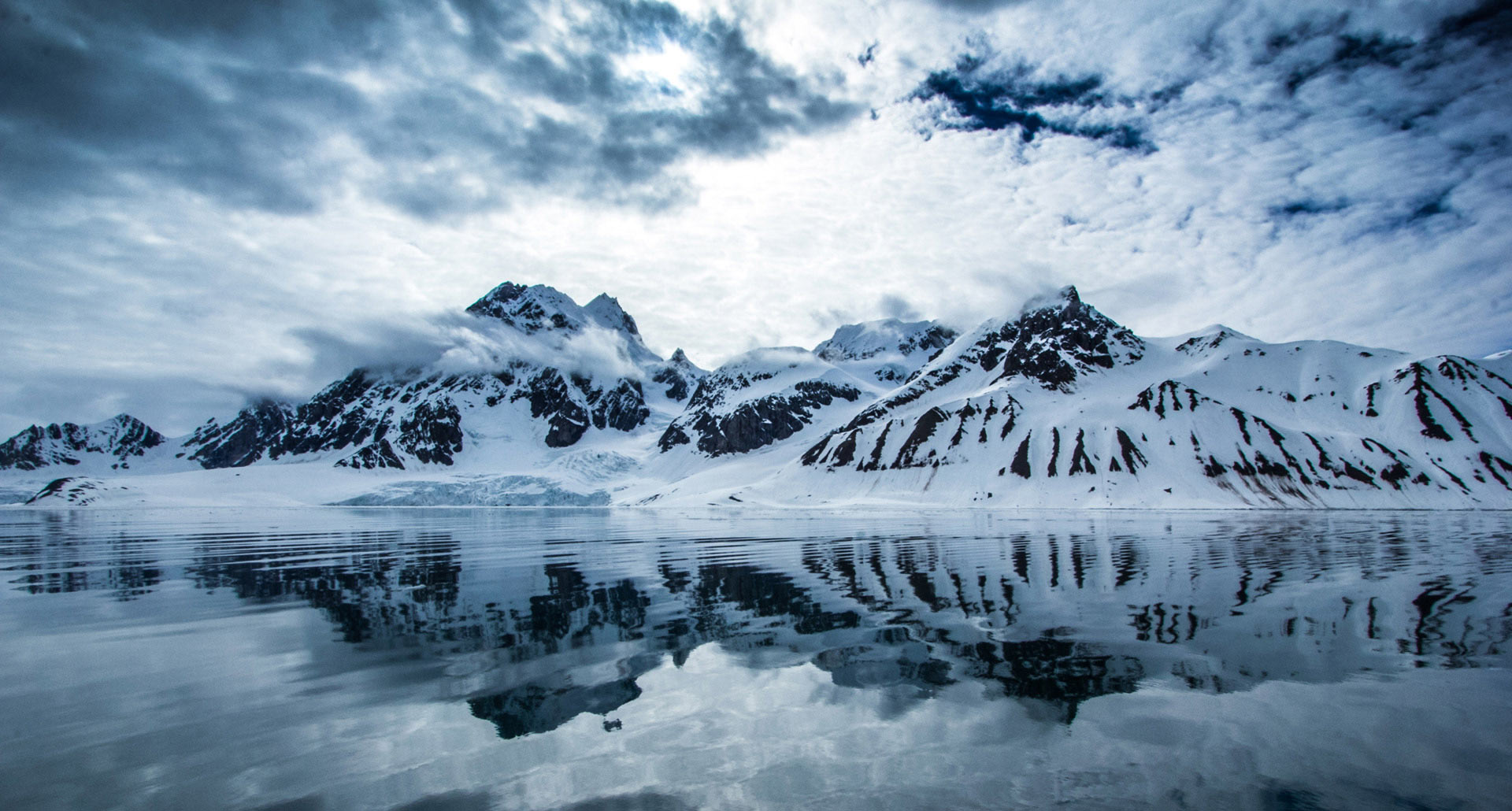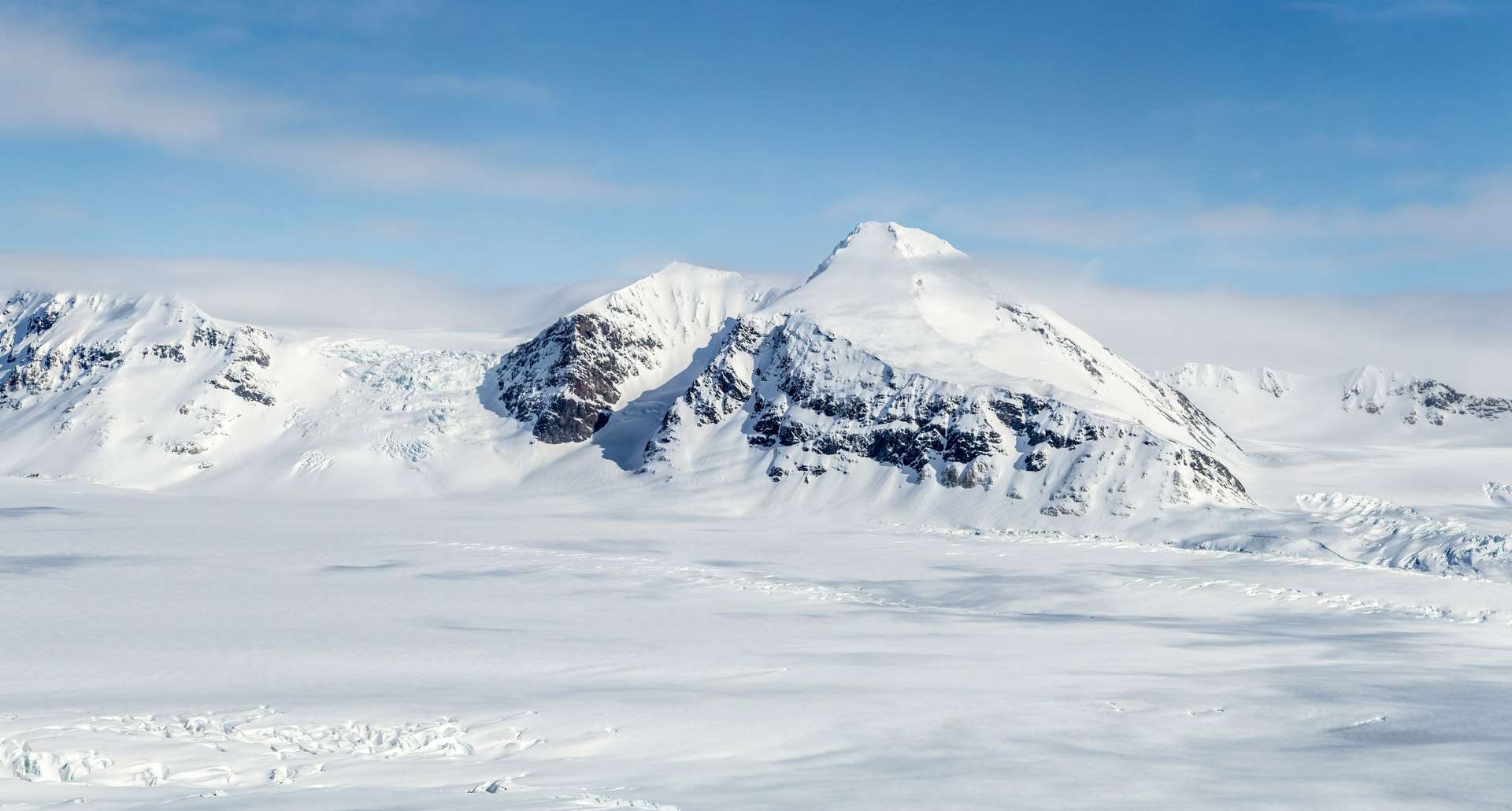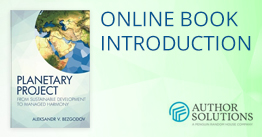Aleksandr Bezgodov

General Director of the Planetary Development Institute
Bezgodov was born in 1960 in Vologda Region (USSR, Russia). He holds his first degree from the Friedrich Engels Leningrad Institute of Soviet Commerce, now the St Petersburg State University of Trade and Economics. He held high administrative positions in retail and procurement in Archangelsk Region, Russia and between 1989 and 1993 in Germany. In 1999, he received a Ph.D. in Political Science from St Petersburg State University. His thesis focused on entrepreneurship in modern Russia. He worked for organisations engaged in developing parliamentarism, democracy and civil society. In 2005, he received the degree of Doctor of Economics from St Petersburg State University. His post-doc thesis was related to the market mechanisms of implementing the Concept of Sustainable Development. He co-operated actively with Prof. Mikhail Zalikhanov, who is a Full Member of the Russian Academy of Sciences. Prof. Bezgodov established the non-profit research organization The Planetary Project, which is an associate member of the Russian Academy of Natural Sciences. Since its inception, the Planetary Project research centre has published five collective monographs on global economic, environmental and social processes. In 2006, Prof. Bezgodov was made a Corresponding Member of the Russian Academy of Sciences. Currently, he is the Chairman of the Research and Development company BIURS, which is engaged in developing and implementing innovation solutions in the petrochemical industry. He is the author of over fifty scholarly publications. His research interests include: macroeconomics, the Concept of Sustainable Development, sociology and globalism. His monograph “Planetary Project: From Sustainable Development to Managed Harmony” sets out a scholarly approach to solving current global problems involving global human unification with the intention to save our planet for present and future generations. The Planetary Project Concept proposes a harmonious global development model based on integrated economic and rent revenues from the use of resources held in planetary ownership.
Publications on website
A Hot Spot in the Land of Ice
05.08.2019
The warmer the climate is in the Arctic, the cooler the relations are between the northern countries. It took a third of the last century for the Arctic Ocean’s ice cover to shrink by one third. The natural wealth of the Arctic water area has become more accessible, and international cooperation in this region has turned into rivalry. There is something to fight for, indeed. According to official data of the United States Geological Survey, almost a quarter of the world's hydrocarbon resources are concentrated in the depths of the Arctic: 90 billion barrels of oil, more than 48 trillion cubic meters of natural gas, and 44 billion barrels of gas condensate. And since there is no single international treaty defining the legal status of the Arctic, several nations have already claimed the right to the exclusive possession of promising territories...
The Shepherds of Being
23.01.2019
Man is the crown of the Universe, created in the image and likeness of the highest perfection, to be commanded by Mother Nature. However, now another definition of man is more popular - an aggressive parasite that has flooded this beautiful planet. Both statements are indisputable and have already spawned quite a few scientifically grounded concepts, populist theories, and even programs of urgent measures and concrete actions. It is enough to recall famous scholarly works, elite club reports and resolutions of the international communities about the ‘golden billion’. It is mortally dangerous for the Earth to expand this privileged section the world’s population...
To Whom to Entrust Managing the Planet
26.12.2018
It is an impossible task for any single state to try and save the Earth for future generations alone. Over the recent decades, the existing international associations have not been effective in this domain either. All too often their activity has caused criticism for discrediting objective integration processes, among other things. The United Nations Organization, to which 193 governments have delegated their representatives, clearly needs serious modernization. Independent experts, while noting 70 years of UN contribution to maintaining the world order on the planet, highlight serious shortcomings in the organization’s work.
The Sixth Techno-economic Paradigm Is Coming and It Is not the Last One
28.11.2018
Human reason is the main driver of contemporary civilization. The world owes it today’s progress. A lack of reason may lead the world to its death tomorrow. On the threshold of the sixth techno-economic paradigm, scientists forecast a great change in the human worldview. In the epoch of cybernetics, computer science and nanotechnologies, reason is the main driver of the future civilization. Only a collective, spiritually universal and rational reason can effectively manage the development of society. Otherwise, the danger of self-destruction and planetary catastrophe is too high...
The Main Resource of Our Planet
20.11.2018
One of the innovative proposals of the Planetary Project is to consider people as an integral and essential part the Earth’s resources. Space, atmospheric space, water, land, subsoil, the biosphere and, of course, the human mind ensure that our civilization continues to develop. At the end of the twentieth century, intellectual potential from an auxiliary factor of production turned into a leading productive force. Currently, all spheres of life in modern society are governed by it.
The Globality of Anti-globalization
09.11.2018
The world has learned from anti-globalists that it is global. Transnational business, joint financial resources, the planetary systems of information and communications, international scientific projects, and political unions without boundaries and cordons are the objective reality. They are the current level of the development of civilization. However, today, public opinion on these processes is formed by political technologies and the populists of protesting rather than independent scientists and experts. This has resulted in a mass trendy international social and political movement...
Globalizing the Planet
22.10.2018
The ideas of globalization and the Planetary Project have a number of significant differences. The mutually beneficial cooperation of people from different countries, races, religions, and cultures does not mean that humanity is trying to build a unipolar world. Transition from the disunity of the interests of the elites to the unity of common needs does not have to do with globalization, but rather is the essence of universal integration for solving problems on a global scale. The world has long been global. Civilization has entered a historical phase of intercontinental development. First in trade, then in the financial sphere, production, distribution and consumption...
Does the World need Altruists?
15.10.2018
Why should a person be virtuous? Planetary ethics, which combines moral principles with behavioral guidance for the current and future generations, holds answers to this question. Virtue is not only the absence of vices, but also the work that helps people overcome obstacles in the pursuit of happiness. Therefore, it is an integral part of highly moral human behavior. The external source of morality is the life of a person in the company of the person’s own kind. The internal source includes the person’s values and ideals that he or she has developed over life. But, again, various factors and circumstances have an impact on this process...
The Moral Philosophy of Russian Cosmism as a Forerunner of Planetary Ethics
04.04.2018
Planetary ethics is a product of the Planetary Project, unique in its radical and categorical nature. Its forerunner and spiritual foundation is the legacy of Russian cosmism, which manifested an amazing consonance with the philosophy of the Planetary Project.
Nikita Moiseev’s ideas in the perspective of the harmony of world development
17.11.2017
Nikita Nikolaevich Moiseev can be called one of the greatest humanists of our time, along with his other outstanding compatriots Dmitry Likhachev, Dmitry Sakharov, and Sergei Kapitsa. Running through all his teachings is the idea that a consistent synthesis of technology and morality can be made part of mankind’s fighting for the future of the planet including the organic intelligent life it nourishes. He considered modernity a transitional period, full of risks and challenges threatening the survival of the biosphere at the backdrop of a growing anthropogenic pressure...
Planetary rent: a radical economic innovation
25.07.2017
Global problems are a curse of the world today. They include international terrorism, climate change, impoverishment of large groups of population and the depletion of natural resources. To date, the global community has made little progress in addressing these global challenges. This is despite the continued work of global institutions, the adoption of the doctrine of sustainable development, and the signing of the Kyoto Protocol. The problem is that there is no global anti–crisis management policy that would involve a plan of addressing global issues, a consolidated budget, and a single management center.
Intellectual Vector of World Economic Development
18.05.2016
The world economy is largely a euphemism that masks the basic problem of the global world which consists of markedly uneven markets, social and technological disparities in national economies’ development levels, capital-output ratios and competitiveness. In its direct sense, the concept of the world economy is justified only to the extent that global trade and global logistics exist, which in turn are limited by a number of economically subjective factors.
Meaning and Basis of Planetary Integration
19.10.2015
At the beginning of the 21st century, people feel united as never before but also, paradoxically, they feel disunited at the same time! Having found ourselves on the brink of self-destruction, we perceive with a varying degree of conscious awareness the need to unite in the face of unseen threats. At the same time, we are divided by serious disagreements based on divergent interests, values and ambitions.
Globality of Anti-Globalization as a Paradox and Initial Point of Resetting the Philosophy of Planetary Development
11.04.2019
The abstract of the presentation at the tenth international conference “Reclaming the Future”...
Planetary Project: Identifying Funding Sources for Global Causes
20.10.2016
Planetary Project: From Sustainable Development to Managed Harmony discussed basic principles of a new human civilization and a new economic system.










